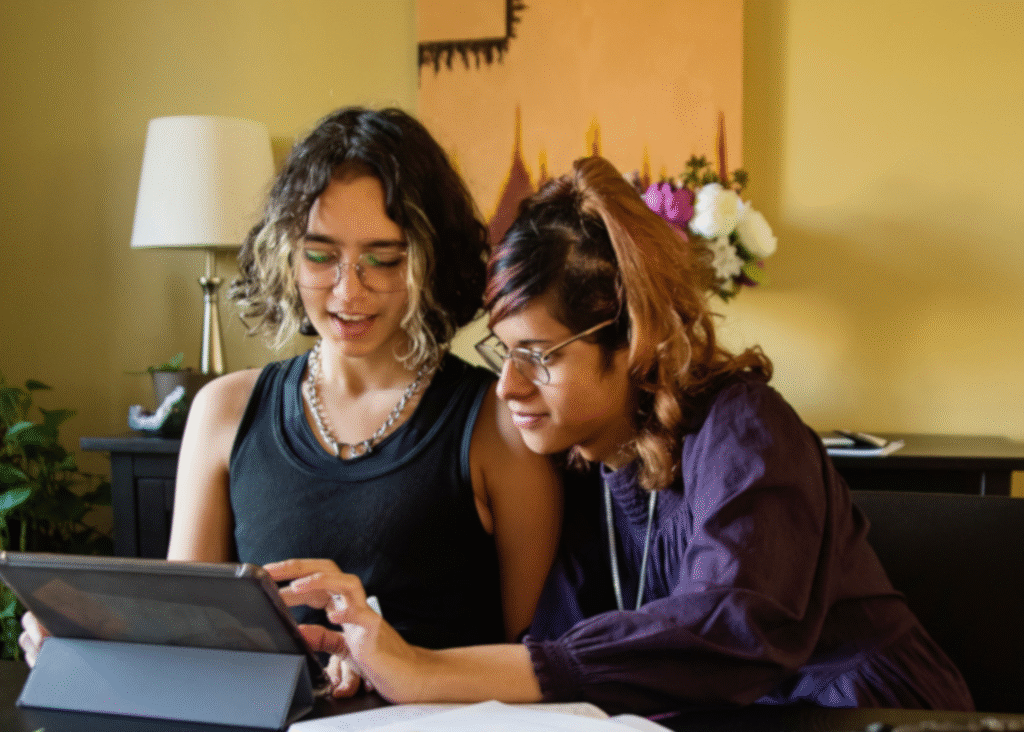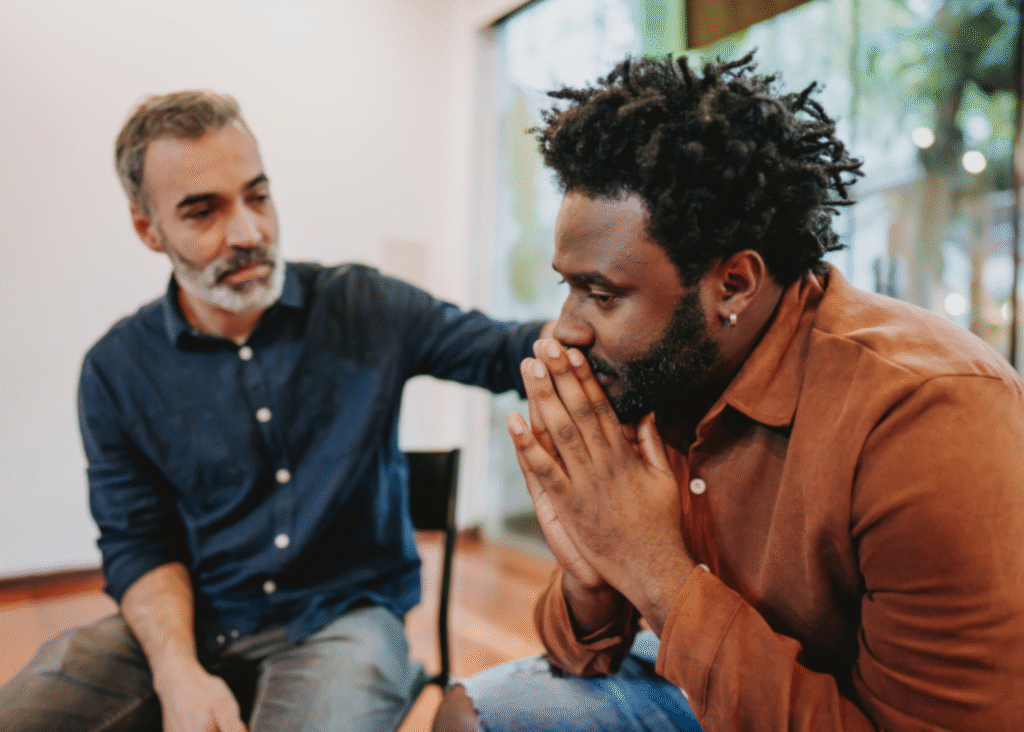About Sponsorship


Frequently Asked Questions About Sponsorship:
What is Sponsorship?
Sponsorship is one recovering person talking to another. It is a two-way relationship based upon mutual respect and the principles of the program. While sharing experience, strength, and hope, both members enrich their lives and deepen their understanding of the basic principles of the program. The sponsor and the sponsee meet as equals to work the Steps and if possible attend meetings together.
The communication and mutual sharing helps both the sponsor and the sponsee. For the newcomer, a sponsor is someone with whom they can talk through problems, ask questions, and discover a life with hope in recovery. For the sponsor, helping others allows a sponsor to give back what was freely given to them and continues the acts of service that are vital to our recovery.
For the newcomer, a sponsor is a special person with whom they can discuss problems, ask questions, and through whom they can gain an understanding of recovery through the 12-Step program.
Is a sponsor required?
It is not required; however, working the Steps with a sponsor is an invaluable tool of recovery. A relationship with a sponsor often helps the sponsee develop an ability to trust others and communicate effectively. Having frequent, close contact with another member of the program provides an opportunity to discuss issues in private that one might not be willing to raise in front of the group.
Is it important to have a sponsor?
Yes, a relationship with a sponsor is an important tool in recovery. It is often the beginning development of an ability to trust others and communicate effectively. Having frequent, close contact with another member of the program provides an opportunity to process issues that one might be unwilling to raise in front of the group.
A Word About Sponsorship
(Conference-approved announcement for meeting scripts and formats)
A Sponsor is a fellow addict with a working knowledge of the Twelve Steps, who lives by the principles, and has a solid program in their life.
Look for someone who inspires you to work the Steps and is working a program you admire. Experience has shown that having a Sponsor is of great value and importance in recovery. We hope you make it a priority. With their experience, strength, and hope, Sponsors compassionately guide and challenge you in recovery.
While there are no set rules, as a guideline, we suggest avoiding anyone with whom there is a possibility of a romantic or physical relationship. Sponsorship should be a safe relationship. Find someone you can trust and with whom you can be honest.
Do not be afraid to ask someone to Sponsor you. You could inquire if they would consider being your Temporary Sponsor. In time, you will know if the relationship is working and should become more permanent.
May we please have a show of hands of all those who are available to Sponsor?
